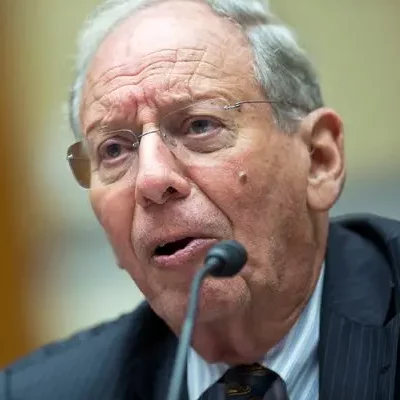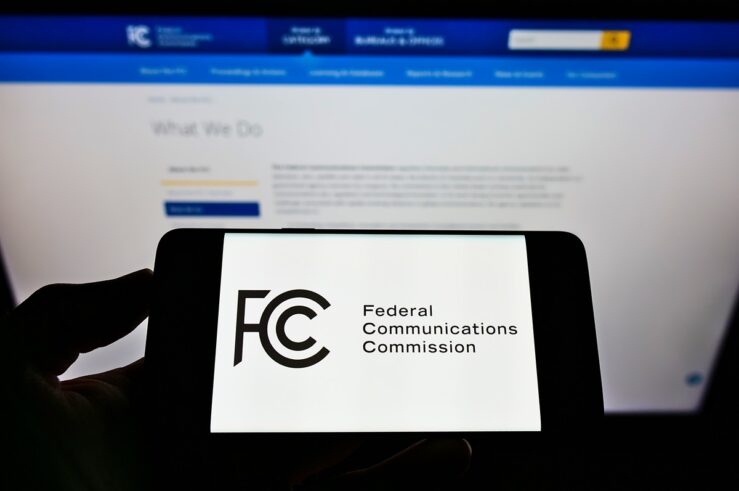Henry G. Manne is Dean Emeritus of the George Mason University School of Law and Distinguished Visiting Professor at the Ave Maria School of Law.
The SEC is at it again, scandal mongering insider trading. As usual this is the “biggest insider trading case yet,” as if they were trying for some Guinness record. Since this story will be in the financial press for months and months to come, the well informed spectator – or participant – will want to understand that a lot of what is thought to be known about insider trading “ain’t necessarily so.”
1) Insider trading injures the stock traders who buy from or sell to the insider.
False: these outsiders are voluntarily transacting in an anonymous stock market and would be there and make or lose about the same amount regardless of the identity of the other party.
2) Legalizing insider trading would cause a great loss of confidence in the integrity of the stock market and thereby reduce capital investment, liquidity and trading.
False: Empirical studies strongly contradict this, and a robust stock market in the United States before the late 1960’s (when serious enforcement began) or in the rest of the world today (where serious enforcement has yet to begin) denies this.
3) Sensible enforcement of insider trading laws is feasible.
False: the ever larger, politically inspired, and inevitably unproductive SEC campaigns against insider trading demonstrate that significant enforcement is not only difficult, it is practically impossible. And this is to say nothing of the logical impossibility of policing gains made by an insider’s knowing when not to buy or sell, a purely mental transaction that can never be policed.
4) The SEC’s high-tech detection methods uncover illicit trading.
False: This claim has been made by the SEC from the beginning and is apparently not much more true today than it was fifty years ago. Use of informants and wire tapping are the methods by which the SEC does most of its policing.
5) There are no net social or economic costs to partial enforcement of these laws.
False: The individuals who might be desirably motivated in their work by the right to trade on inside information are displaced (because they are so easily spotted and targeted by the SEC) by individuals with no claim to the value of the information but who are more difficult to identify and convict.
6) We need regulation since the corporation itself has a property right in the information it produces, and the government can better protect this right than can the individual corporations.
False: If the corporation had a real property right, then it could opt out of the regulation and allow its insiders to trade, something the SEC has steadfastly resisted. And even if the government could enforce the rule more efficiently (highly dubious), there is no justification for this subsidy to certain companies. (Even Steve Bainbridge gets this one wrong.)
7) Insider trading does not contribute to the efficiency of stock market pricing.
False: All trading has some marginal effect on price, and by definition any informed trading pushes the price in the correct direction, some of it quite noticeably and very quickly. There are conflicting findings in the empirical literature on the strength of the short-term price effect of insider trading. But this probably reflects differences in the pricing process resulting from varying trading and market conditions. Further, nearly all empirical studies in this field are based on data representing legal and reported insider trading, a decidedly inappropriate way to measure the effect of illegal insider trading.
8) If insiders are trading, market makers will have to broaden their bid-ask spreads and thus charge more to all traders.
False: Careful research on this point concludes that market makers on stock exchanges do not feel harmed by the presence of insiders in the market and do not adjust their spreads in response.
9) There is a clear definition of “insider trading” and of the level of “materiality” required for a violation of the law.
False: Neither the SEC nor Congress has ever defined “inside information”, nor has either succeeded in specifying the level of significance the information must have to be the subject of a criminal violation.
10) It is easy to distinguish the information insiders use illegally from that analysts secure in the legitimate course of their work.
False: This line is so grey and the potential rewards so great that the line is easily and regularly overstepped, either inadvertently or intentionally. The present prosecution is apparently based to some extent on the notion that assembling many small pieces of non-material information into a single “mosaic” of valuable information is illegal. Just what is it that the SEC wants analysts to do?
11) Allowing trading on bad news as well as on good will create an incentive for executives to create bad news.
False: All the motivating vectors in the market for managers point them in the direction of trying to increase their company’s stock price not lower it, and these pressures would overwhelm any slight increase in adverse motivation from insider trading.
12) The criminalization of insider trading has no effect on the compensation of corporate employees.
False: Recent research demonstrates that when the right to trade on information is denied to executives, they must be paid additional compensating sums to substitute for this loss. This must partially account for the enormous increases in executive salaries, bonuses and stock options we have witnessed in the past thirty years.
13) Individuals within the company who were not responsible for the good news may profit from the knowledge and, therefore, insider trading serves no valuable reward function.
False: While it is very difficult to design an efficient compensation scheme to encourage innovation, allowing insider trading by everyone aware of new developments will create a corporate culture of innovation and risk taking without requiring the enormous option plans and bonuses currently used, which incidentally, and unlike insider trading, come out of the shareholders’ pockets.
14) The SEC has studied the economics of insider trading and applied rigorous economic analysis to the phenomenon.
False: If they have, they have certainly failed to disclose this significant bit of information to the public or to make any intellectual sophistication apparent.
15) Fuzzy notions of fairness have a place in serious discussions of the economic costs and benefits of regulation.
False.




